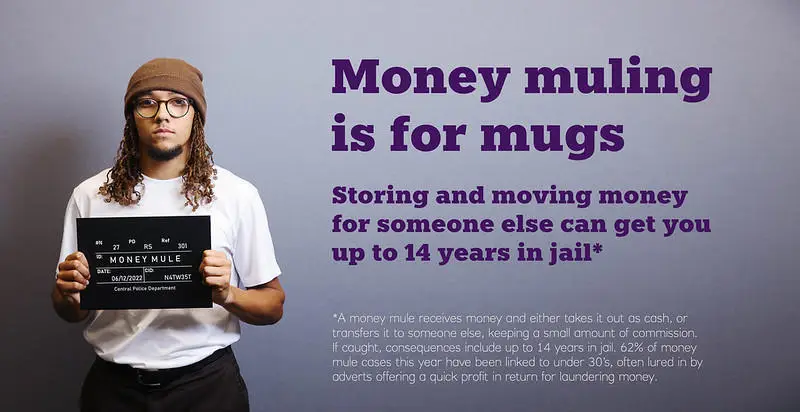A former NatWest employee, Said Hussain, aged 34, became the linchpin in a fraud scheme that stole over £1 million from affluent account holders. Operating out of the East Ham branch in East London, Hussain exploited his position to access the accounts of 30 overseas-based clients. He then passed on their sensitive details to a criminal gang adept at carrying out sophisticated bank fraud.
While we ardently advocate for fraud prevention on this platform, the scope of precaution can be limited when a bank employee turns rogue. A bank insider possesses unfettered access to customer information, has the capability to alter contact details, and can modify account settings, making any scam they facilitate extremely hard to detect. Consequently, it is incumbent upon banks to conduct meticulous background verifications before finalising a hire. Given the scarcity of such cases, it’s reassuring to note that most banks are already implementing this prudent hiring practice.
The Spoils and The Laundering
Hussain’s staff entry code was his wand of mischief, unlocking the doors to a vault of information. The scheme’s orchestrators meticulously chose the selected accounts based on their hefty balances, making the scheme highly lucrative. This meticulous selection amplified the earnings from the fraud, with the total stolen amount soaring well above £1 million.
The fraud scheme supplied Hussain with a huge slice of the ill-gotten gains, amounting to roughly £650,000. He delved into the buying and selling of high-value watches, including Rolexes, engaging in a classic money laundering scheme. This tale illuminates the intertwined relationship between bank fraud and other criminal activities, underlining the need for robust fraud prevention measures.
The Downfall
NatWest bore a significant financial loss, a glaring testimony to the damage insiders can cause. The unfolding of this fraud scheme highlighted the indispensable role of an ‘insider’, even if not the mastermind. Hussain was the key that unlocked a pandora’s box of financial turmoil for many.
Defence attorney David Lyons unravelled the backstory of how a gambling addiction led Hussain down this nefarious path. The lure of easy money through minor wins in gambling soon morphed into a mounting debt crisis for Hussain. His financial desperation made him an easy target for corruption, eventually trapping him in the clutches of an organised crime group. This fraud gang were well-versed in exploiting the banking system. Mr Hussain’s alleged gambling issues do not excuse the anguish and hardship he unleashed. He blatantly betrayed the trust vested in him by NatWest when he defrauded unsuspecting customers.
The Verdict
The court presided over by Judge Mark Weekes, was unyielding in its stance against such severe fraudulent activities. Hussain, having pled guilty to conspiracy to commit fraud and possession of criminal property, received a sentence of five years and six months. His actions tainted his character permanently and shuttered many employment avenues for him, especially in clerical sectors.
It is indeed refreshing to witness a perpetrator being meted out a sentence commensurate with their crime. In the past, we have often seen fraudsters merely receiving a slap on the wrist. However, this time, the sentence rendered was apt. Such a sentence resonates a clear warning to those who might be tempted to tread the same path as Mr Hussain. That if caught, they will face a lengthy incarceration.



